Residency Program
The program will be organized in 2022, in its first edition, by the Goethe-Institut in Rio de Janeiro, the Museum of Tomorrow, Swissnex in Brazil and Pro Helvetia South America. This initiative is a follow-up to the online Think Tank created in 2021 by the Goethe-Institut. In this call, we invite artists and scientists interested in the dialogue between art and science to sign up for the program, which will take place between May 16th and June 4th 2022, in Rio de Janeiro, Brazil.
The residency will take place in the Laboratory of Activities of the Museum of Tomorrow, one of the most visited museums in Brazil. There will also be tours and gatherings in the metropolitan area of Rio de Janeiro. The residency will be conducted in Portuguese and English and will gather a total of six residents from Brazil, Germany and Switzerland.
Goal
This residency promotes an immersive experience in the urban space for artistic creation and experimentation in dialogue with science. The initiative proposes to create and facilitate new narratives, as well as speculate on future scenarios on urban dynamics and their potential for transformation, through a multidisciplinary dialogue between art, biology, botany, microbiology, ecological studies, physics and life sciences.
In this environment, artists and scientists interested in investigating and establishing a dialogue between art and science have the opportunity to work side by side, broadening their views and working beyond the practices and protocols of their laboratories and studios.
The residency offers an environment favorable to the exchange of knowledge, proposing on one hand that science can be transformed by art, with its references and ways of thinking and acting, and on the other hand, that art can have an active voice in the debate on scientific matters and their technological applications with high social impact. Even though they live, more often than not, in different universes, using diverse languages and approaches, using different creative and problem-solving processes, artists and scientists can benefit from the mutual sharing of experiences and perspectives, especially as they share a space of research and work.
Application Submission
Applications must be submitted using the following form
That link also requires the upload of 2 PDF documents.
- PDF 1: Project proposal for residency with a work plan, designs, outlines, etc., as well as a list of the necessary resources for the development of the research/work (no more than three A4 pages of images and text); File name: PDF1-ApplicantName.pdf
- PDF 2: Portfolio and CV with a list of publications. File name: PDF2-ApplicantName.pdf
Only proposals in Portuguese or English will be admitted.
Closing date for applications: March 27 2022 at 11:59 p.m., Brasília Time (GMT-3).
Selection Committee
The residents will be chosen from the material they sent in, by a jury of representatives from partner institutions (Goethe-Institut, Swissnex, Museum of Tomorrow, Pro Helvetia South America). The finalists will be contacted, and the last selection stage will consist of online interviews. To encourage the international exchange of knowledge, artists and scientists from Brazil, Germany and Switzerland.
- Only projects that correctly and completely comply with the rules of the application process will be admitted. Projects will not be admitted if sent after the closing date or in different formats.
- The projects must be suited to the theme proposed for the residency.
- What will be considered: the project’s originality; the clarity of the work proposal in arguments and annexes; its potential for exchange between art and science; its capacity to mobilize and sensitize the public to the themes of the residency.
- Participants must agree with these rules and comply with sanitary regulations related to COVID-19.
- It is desirable that the participants can communicate both in English and Portuguese.
The organizers reserve the right to evaluate and select candidates in the order the applications are received to fill the openings. No candidate evaluations will be released, nor will there be individual feedback about the material received.
Conditions
Each selected candidate will receive: roundtrip tickets from their location, private or shared accommodations, shared studios and R$ 3,500.00 for food, daily transportation and material costs.
The residency will consist of visits to various territories in the metropolitan area of Rio de Janeiro, such as forests, parks, civil society initiatives, companies, research centers etc., as well as work in the Laboratory of Activities in the Museum of Tomorrow. The Laboratory of Activities will be made available for residents Monday through Friday, from 10 a.m. to 6 p.m.
There will also be gatherings with artists, specialists, consultants and mentors, as well as exchanges with representatives of local initiatives related to the theme of the residency. The residency will be organized in person in Rio de Janeiro, and some conversations with international specialists will be carried out online.
Work Presentation
At the end of residency, one day will be set aside for the presentation of works to the public. Research, processes and developed works can be presented. Residents will be able to choose formats and languages for their presentations.
The residents will elaborate a final product in the form of a text, video or other media, that documents the process of the research and that can be published on the website of the project and its partners’ sites. It will have to be handed in no later than two months after the end of the residency.
Schedule
Context and Concept
Rio de Janeiro has two large forests in its urban space. The Pedra Branca State Park is the world’s largest urban forest, and the Tijuca National Park results from a historic reforestation process in colonial times, when six enslaved workers planted thousands of trees in lands expropriated by the state to improve the city’s supply of water. Today, Tijuca Park is the most visited park in Brazil. Another characteristic of Rio is its relationship with the sea, with Guanabara Bay and its mangrove vegetation. The biomes of the Atlantic Forest and mangrove forests, in Rio and elsewhere, have been significantly reduced and continue at risk from pollution and deforestation, but still play a crucial role in preventing a climate catastrophe.
Rio de Janeiro, therefore, is already a Forest City: a place that experiences this proximity between two ecosystems that had been considered and utilized as opposites for a long time. What can the city learn from how the tropical forest produces life and establishes its networks of communication between fungi, roots and animals? The city faces challenges such as basic sanitation, lack of housing, difficulties in supplying drinking water, mobility and security. Buildings and streets alone don’t create urban life, just as a group of trees don’t constitute a forest. What matters are the connections and the dynamics between its elements. Trees do more than compete for soil, light and water – they also collaborate, communicate and practice solidarity, as discovered by Canadian scientist Suzanne Simmard. Can cities develop sympoietic relationships from differences, as Donna Haraway suggested?
More information on the concept of the City as Forest can be found at Context
Covid-19
After the selection process, the Program will provide a sanitary safety protocol that must be followed so that the participants can travel safely, mitigating COVID-19 transmission risks.
The organization will require proof of vaccination with a full vaccine cycle, and it will follow the sanitary protocols recommended by competent authorities and institutions involved in the program.
The schedule can be altered as required by the pandemic’s dynamics and context.
Organizers
Goethe-Institut, Swissnex in Brazil, Pro Helvetia South America and Museum of Tomorrow.
The Goethe-Institut is Germany’s official cultural institute. Globally active, it is present in over 90 countries. It has five units in Brazil, one of which is in Rio de Janeiro. Its mission is to promote international cultural cooperation with a wide array of cultural and academic events, developed and carried out alongside local partners.
Swissnex is the global network that connects Switzerland with the world in education, research and innovation. Its mission is to provide an extended reach and to support active engagement for our partners in the international exchange of knowledge, ideas and talent. The six main Swissnex locations are in the world’s most innovative regions. Alongside scientific advisors based in Swiss embassies, Swissnex contributes to solidify Switzerland’s profile as a leading international hub for innovation.
The Museum of Tomorrow is a different science museum. A place for ideas, exploration and inquiries about this time of great change and different paths into the future. Tomorrow is not a date in the calendar, it’s not a place where we will arrive. It’s a construct in which we all participate as people, citizens and members of the human species.
Pro Helvetia is a public foundation, established by the Swiss Federal Government. Focusing on diversity and quality, it stimulates the creation of art in Switzerland and promotes international connections and exchanges. Pro Helvetia South America is one of the Foundation’s six liaison offices located in key regions around the world – the other five are in Cairo, Johannesburg, Moscow, New Delhi and Shanghai.
Contact Us
Realisation




Production

